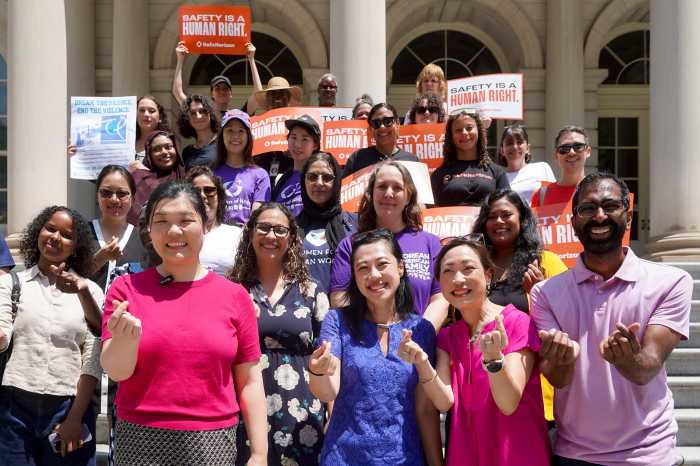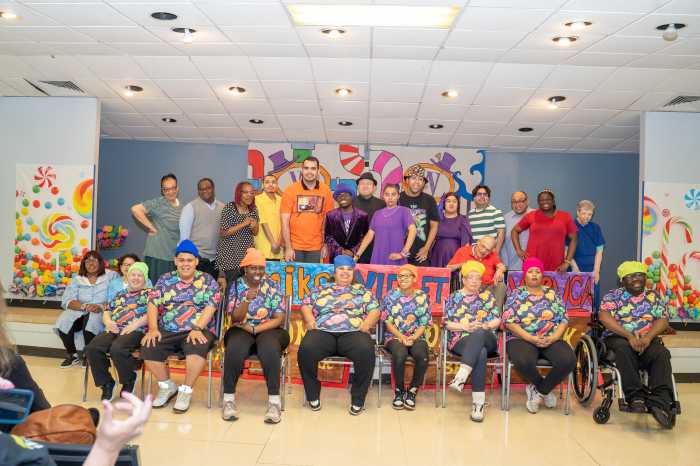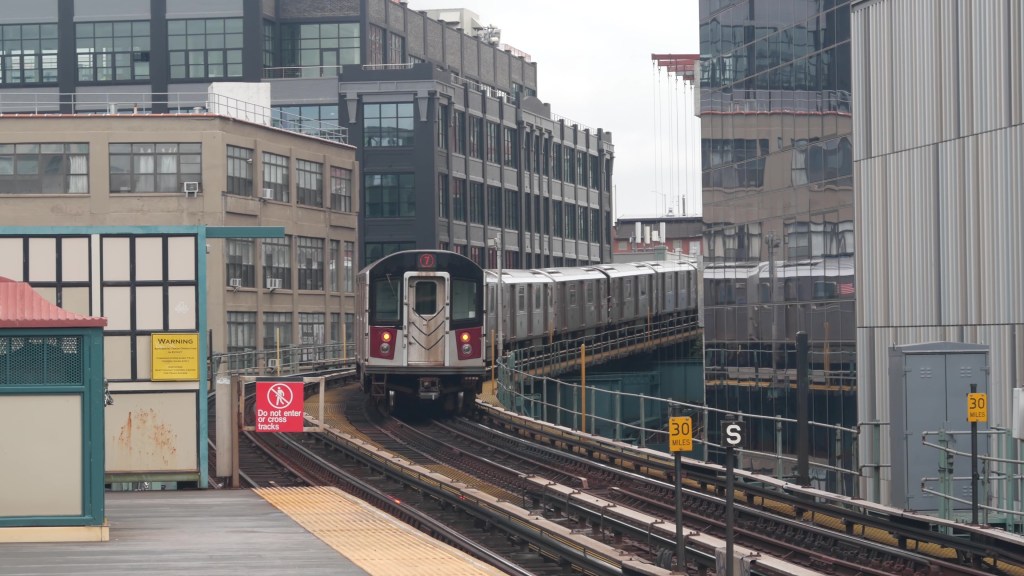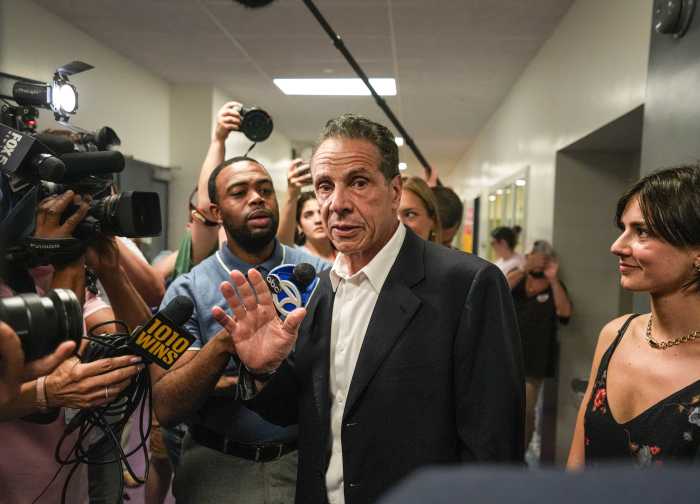By Alexander Dworkowitz
The issue appeared simple.
The leadership of the Korean Presbyterian Church, located at 143-22 Franklin Ave., came to the Community Board 7 meeting Monday night to ask the organization to approve a permit for the church’s legal use of 18 parking spots on the church’s property.
But for many residents, those 18 parking spots symbolized years of reckless expansion of community facilities in Flushing.
“It is time for Community Board 7 to send a message,” said Pat Dolan, executive vice president of the Queens Civic Congress. “And a good place to start is with this applicant.”
After a parade of speakers both for and against the expansion, the board ended up voting against the church’s request, 33-5.
Opened in 1983 after two years of construction, the Korean Presbyterian Church has grown from 300 members to more than 4,000.
With the surge in membership, the church has purchased neighboring property. In order to increase the size of the church, the organization knocked down more than a dozen historic homes, often working without a demolition permit. The area proposed for the 18 spots, already used by church members for parking despite the lack of a permit, was the site of two homes that were destroyed in 1998.
Nearby residents were infuriated both with the destruction of the homes and traffic congestion in the church’s vicinity.
At Monday’s meeting, the Rev. Francis Chang, a pastor at the church, acknowledged that it has had a poor relationship with its neighbors.
“We are an immigrant church, and we haven’t done a good job with that,” he said.
In an attempt to improve this relationship, Chang brought about 30 church members with him who spoke to the audience about the importance the church has to their lives. One member, Christine Colligan, invited the attendees of the meeting to visit the church.
Chang said that although many of the church’s 4,000 members live in Flushing, others come from as far away as New Jersey and Connecticut and need to travel by car. The church, which already provides 60 parking spaces on its property, needed more spots, he said.
“There are frequent times when our church members are unable to park within reasonable walking distance of the church,” Chang said.
Howard Weiss, a lawyer with the firm Davidoff & Malito, said when the church was at its busiest on Sundays, members needed about 300 spots.
“This parking lot is a solution in part to this problem,” Weiss said. “Will the 18 spots solve the problem? Absolutely not. Will it help? Of course.”
The discussion often moved beyond the scope of parking issues and centered on the church’s relationship with residents.
Chuck Apelian, a CB 7 member, returned to the issue of the destruction of homes.
“This has tremendously affected the character of the neighborhood,” said board member Chuck Apelian. “Why won’t the church make a commitment that no further houses will be demolished?”
“The church doesn’t know what is going to happen 10 years from now, 15 years from now,” Weiss responded.
Weiss asked board members to consider the parking variance as a separate issue from the demolition of the homes.
“They made a mistake,” he said. “Is the purpose now, by denying the application, to punish them for making that mistake?”
But the Rev. Nicholas Tweed of the Macedonia AME Church on Union Street argued that the Korean church continued to make such mistakes, pointing out that church members already parked on the lot without a permit.
“How can you build an illegal parking lot and turn around to the community board and say you want to work with us?”
Reach reporter Alexander Dworkowitz by e-mail at Timesledger@aol.com or call 229-0300 Ext. 141.


































